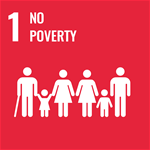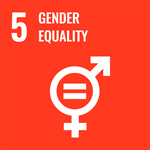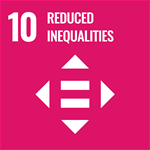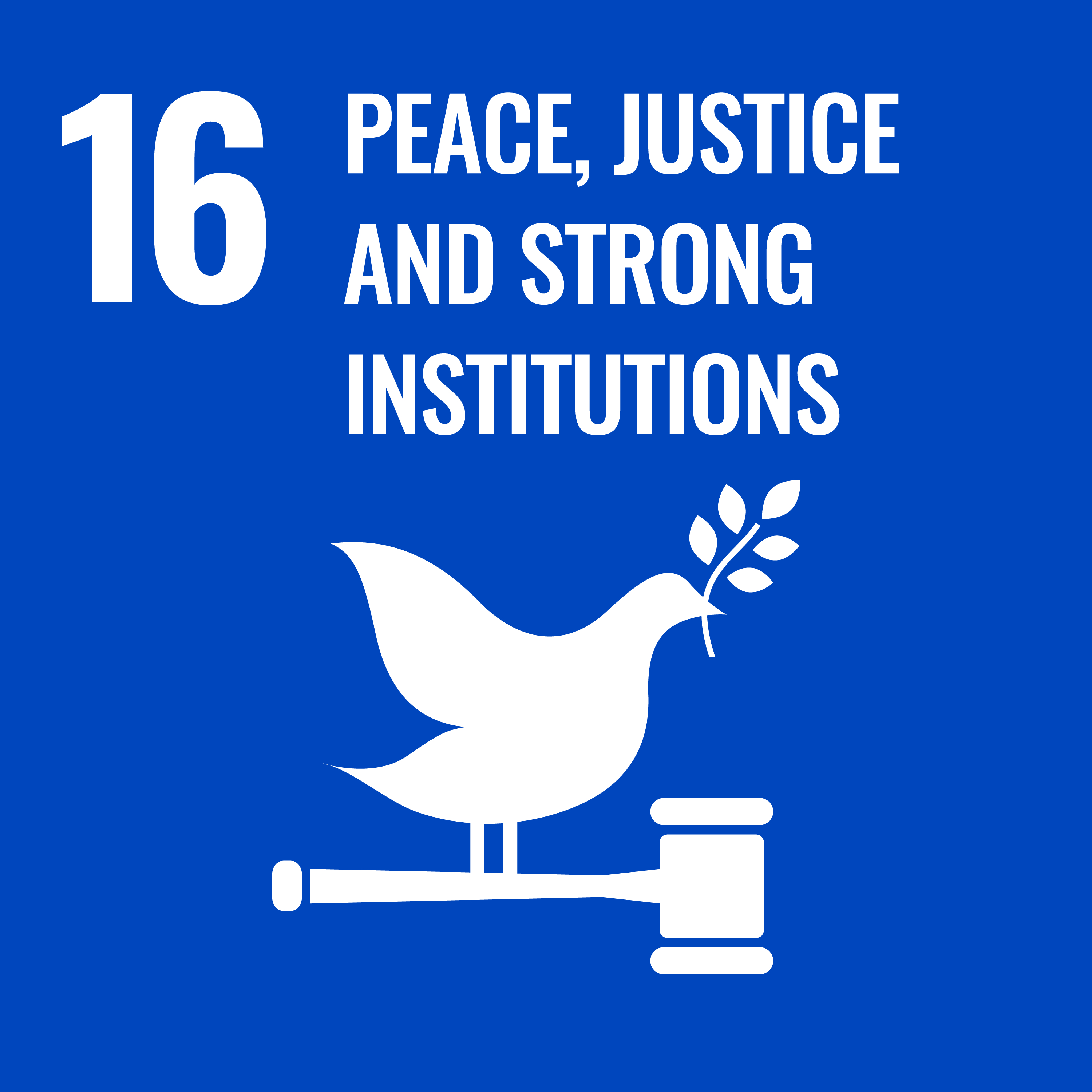
Ethical sourcing and human rights
Wesfarmers is committed to understanding, respecting and upholding internationally recognised human rights and expects everyone we work with to do the same. This includes team members, directors, contractors, suppliers and other business partners across the Group’s supply chains.
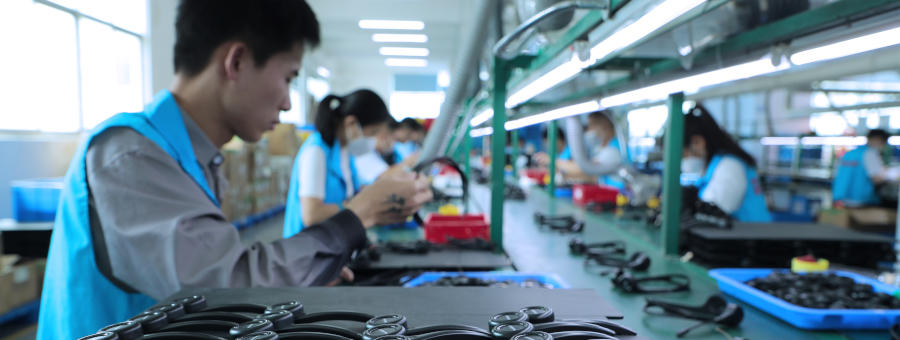
Wesfarmers is committed to respecting internationally recognised human rights as set out in the Universal Declaration of Human Rights, the International Covenant on Civil and Political Rights and the International Covenant on Economic, Social and Cultural Rights.
The Wesfarmers Ethical Sourcing and Modern Slavery Policy sets out minimum standards to ensure the Group sources products and services in accordance with legal obligations and community expectations, while working with suppliers to improve their social and environmental practices. It seeks to prevent, mitigate and where appropriate, remedy instances of modern slavery in our operations and supply chains. We engage fairly with suppliers, sourcing ethically and sustainably and work with our suppliers to ensure human rights are understood and respected.
Our minimum standards:
- require that employment is freely chosen
- require adherence to laws governing working ages and working hours
- seek to ensure safe and healthy working conditions
- require transparent record keeping
- recognise the rights to freedom of association, collective bargaining and grievance mechanisms.
The policy also details minimum standards for management of modern slavery risks.
Our supply chain
Across the Group, Wesfarmers has more than 27,000 suppliers producing goods and providing services in more than 90 countries. Our top five sourcing locations in the 2024 financial year were Australia, Bangladesh, China, India and Indonesia.
The Group’s supply chains are often complex with multiple tiers, sometimes spanning multiple countries. The divisions do not own the supplier sites or factories where own-brand products are manufactured, rather we engage suppliers to manufacture goods for us.
Each division has mapped its tier one suppliers and undertaken risk assessments for own-brand goods, which includes consideration of information about the supplier, spend with the supplier, the type of product being sourced (including any assessed risks) and country of origin. Some divisional ethical sourcing teams are investigating value chains to tier two and even tier three suppliers and, in some cases, progressing the public disclosure of tier two suppliers in their supply chains.
Due diligence, monitoring and reporting
All divisional ethical sourcing due diligence programs vary, consistent with their diverse operations and industries, but they share a broadly common methodology to assess, identify, manage and mitigate human rights risks, which are in line with leading international practice.
All divisions also monitor emerging human rights issues and identify opportunities to influence the actions of our suppliers to mitigate risks, including through collaborations with other organisations. Our divisional ethical sourcing teams monitored 3,170 sites and 1,522 suppliers (recognising that a supplier may source through many sites), from a total of 4,472 sites and 2,742 suppliers in divisional ethical sourcing programs.
Monitoring activities include self-assessment questionnaires, supplier endorsement processes, supplier visits, independent and extensive third-party audits, and reports through grievance mechanisms.
Where monitoring identifies instances of non-conformance with our standards, these are classified as minor, major or reportable breaches. During the year, our ethical sourcing due diligence program identified a total of 494 reportable breaches.
The reportable breach classification is based on the Wesfarmers Ethical Sourcing and Modern Slavery Policy and the Sedex Members Ethical Trade Audit (SMETA) methodology. It captures any imminent threat to a worker’s safety that presents a risk to life, evidence of fraud, coercion, deception or interference, or certain repeat findings that have not been addressed over time.
Further details on the due diligence and reporting process can be found in Wesfarmers Modern Slavery Statement, due for release in late 2024.
See Our Data for additional ethical sourcing and modern slavery metrics.
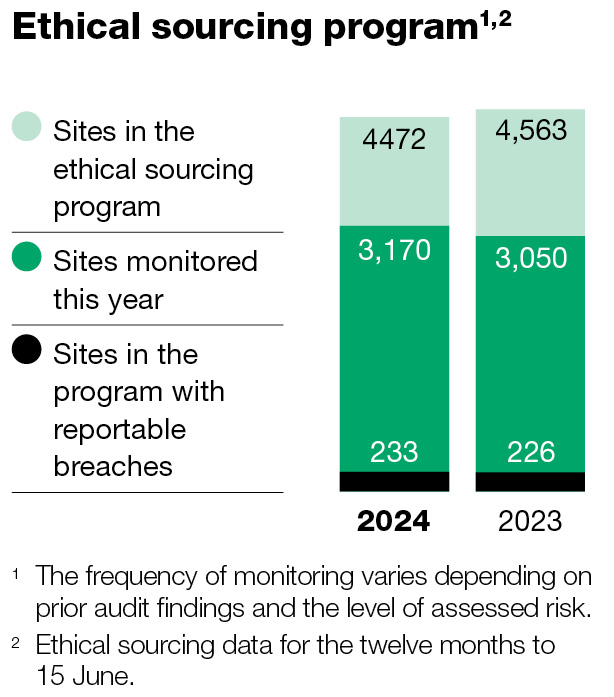
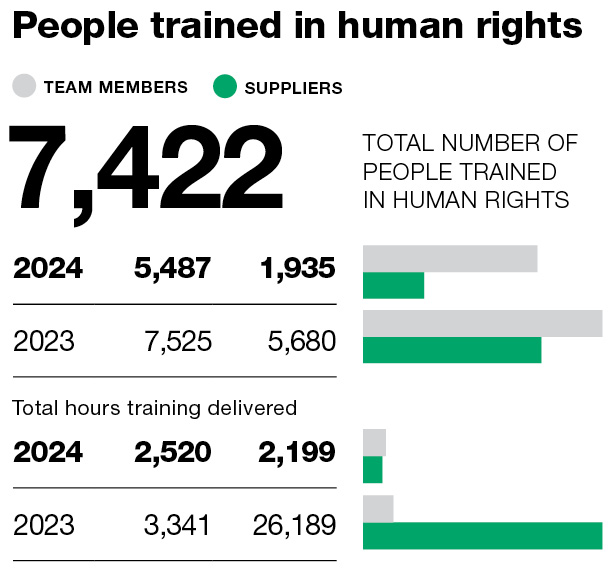
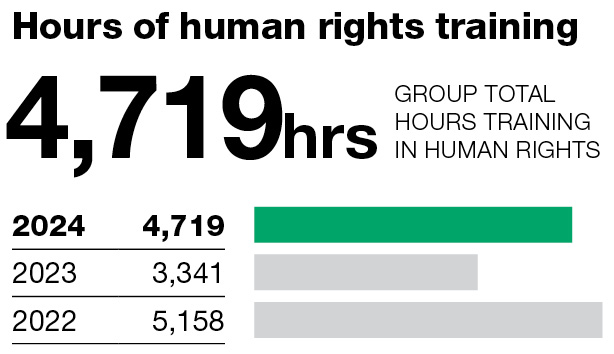
Grievance mechanism
Consistent with our policies, the United Nations Guiding Principles on Business and Human Rights (UNGPs) and International Labour Organization (ILO) conventions, we aim to have effective grievance mechanisms available for workers in our supply chains, to confidentially raise concerns including business-related human rights risks. Grievance mechanisms are deployed at 1,739 sites in 14 countries.
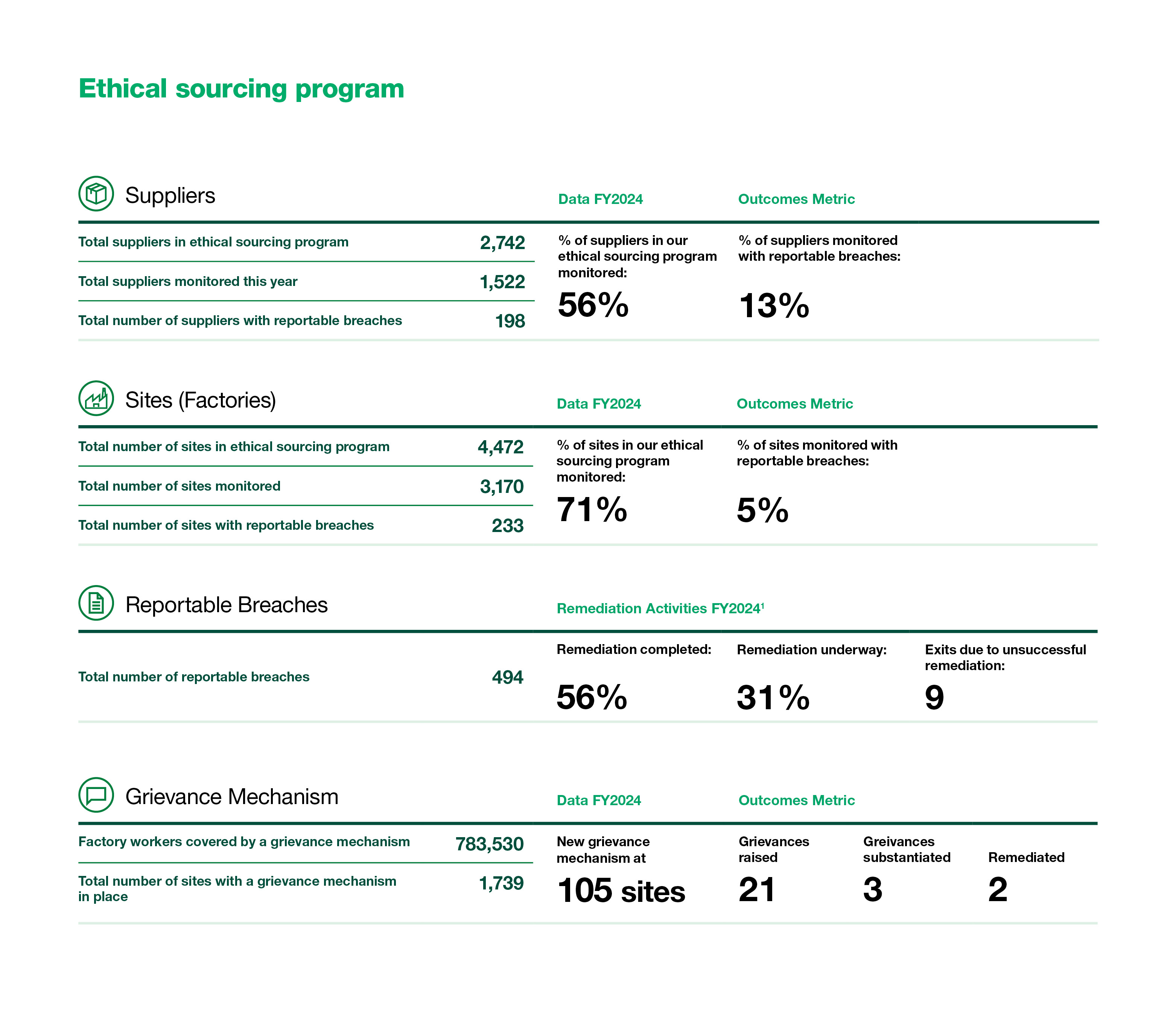
GRI 2-6, GRI 2-23, GRI 3-3, GRI 407-1, GRI 408-1, GRI 409-1, GRI 414-2
